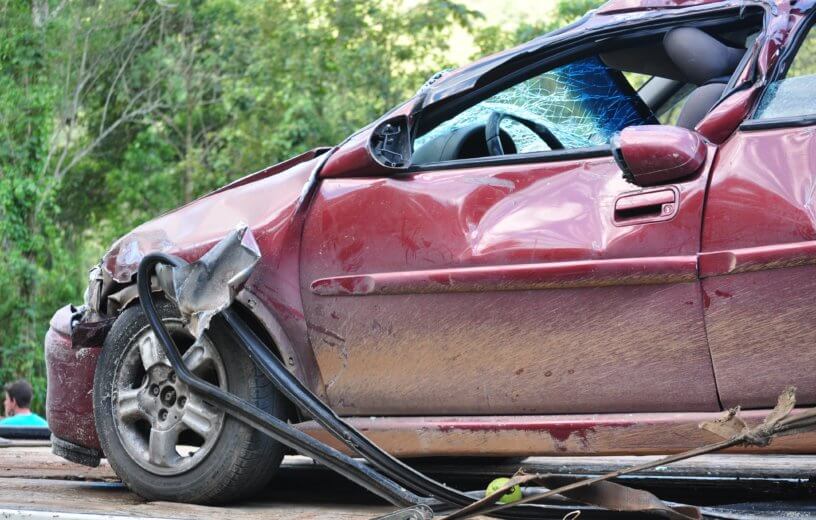WASHINGTON — Not getting enough sleep can have a number of negative effects on one’s mental health and cognition, but it may also be especially dangerous for those who have to get behind the wheel the following day. A new study shows that sleep-deprived people are much more likely to be involved in a car accident.
Researchers from the AAA Foundation for Traffic Safety conducted the first peer-reviewed study that calculated a person’s risk for a collision based on total hours of sleep. They pulled data on 5,470 crashes from a U.S. Department of Transportation study, which included interviews with the drivers and other in-depth notes from each accident.
They found that drivers who slept for less than four hours were 15 times more likely to cause a crash, compared to drivers who slept seven to nine hours, the recommended level for adults. To put it in perhaps a more alarming light, a person driving on less than four hours sleep is comparable to a drunk driver whose blood-alcohol concentration is 1.5 times higher than the legal limit. These drivers were also at a much greater risk of causing a single-car crash, which are more likely to cause injuries or death.
“Being awake isn’t the same as being alert. Falling asleep isn’t the only risk,” notes study author Brian Tefft, a senior researcher with the AAA Foundation for Traffic Safety, in a statement. “Even if they manage to stay awake, sleep-deprived drivers are still at increased risk of making mistakes — like failing to notice something important, or misjudging a gap in traffic — which can have tragic consequences,” he added.
Experts recommend that adults should sleep for seven to nine hours a night, yet government surveys indicate that one in five U.S. adults sleeps for fewer than seven hours on any given night, and one in three report usually sleeping for fewer than seven hours. An estimated seven percent of all motor vehicle crashes in the U.S. and 16 percent of fatal crashes involve driver drowsiness.
Meanwhile, drivers who logged four hours of sleep in the previous 24 hours were 2.9 times more likely to hold responsibility for a crash, while those who slept five hours were 1.9 times more likely. Sleeping for six hours resulted in being 1.3 times at greater risk of causing an accident.
Tefft says motorists who changed their sleep or work schedule the past week were also at an elevated risk of crashing, along with those who were on the road for at least three hours without taking a break.
Prior research has shown that a third of adults typically sleep for less than seven hours in a night. It’s believed 16 percent of deadly crashes in the U.S. involve a drowsy driver, as well as 7 percent of crashes overall.
The full study was published on September 18, 2018 in the journal SLEEP.
